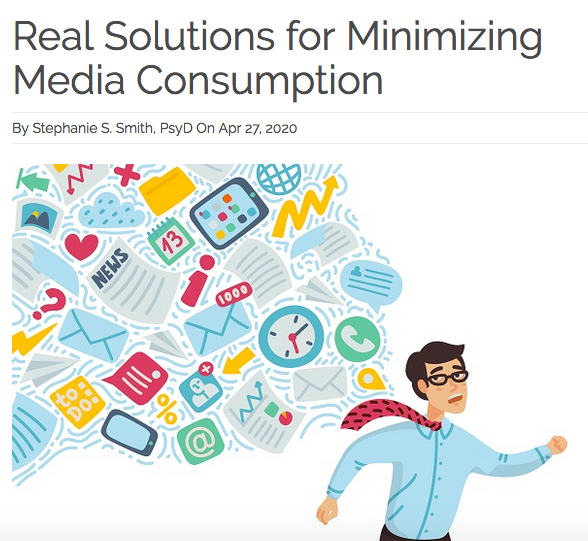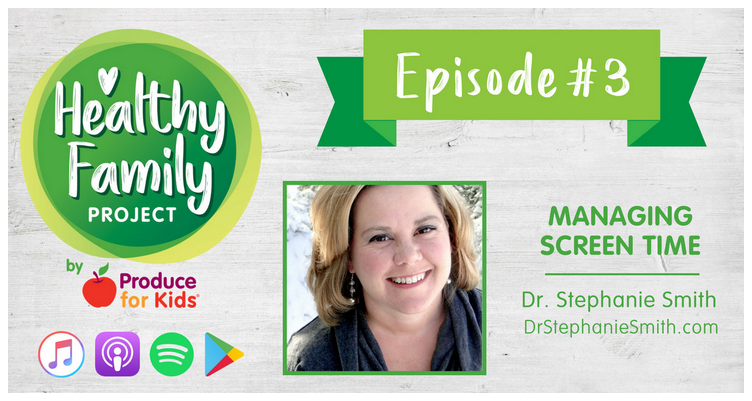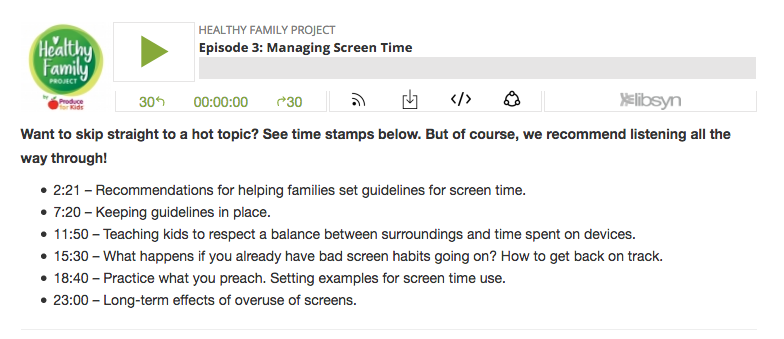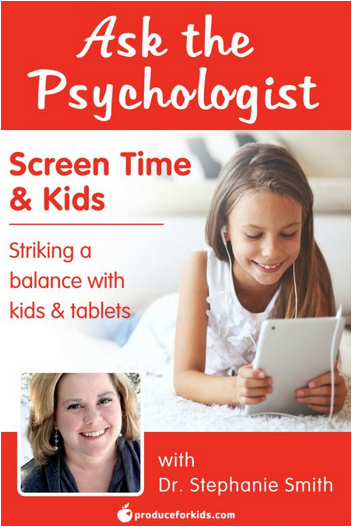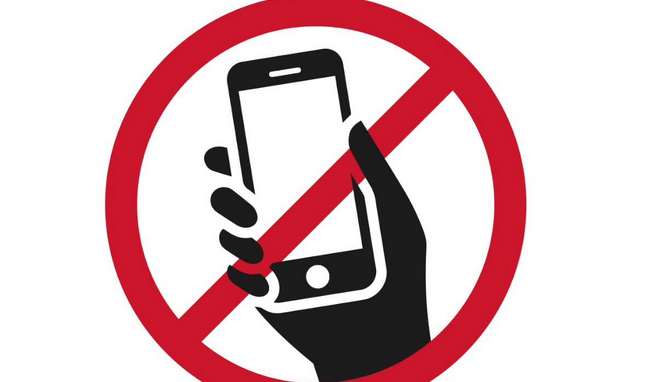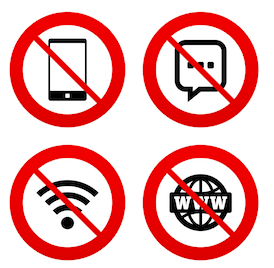UGH! Enough of the onslaught of news, “news” and on-line conversations already. It’s too much. Keeping abreast of the latest goings-on and government orders are one thing, spending hours in deep-dive mode on your phone or tablet is another.
I recently wrote an article over at Health eCareers in which I offered real, do-able strategies for decreasing media and screen time. After all, it’s rarely as easy as saying “I’m just going to look at my phone less.” Yea right. Here’s one idea:

One tip I didn’t write about in the article:
Make use of the tools that are already on your phone! For iphone users, go to Settings –> Screen Time –> Then play around with Downtime, App Limits and Communication Limits options. You can also watch your Daily Activity on the Screen Time page. Monitoring this is one way to keep yourself honest.
Check out the entire article, with ideas for managing both social and traditional media here:
